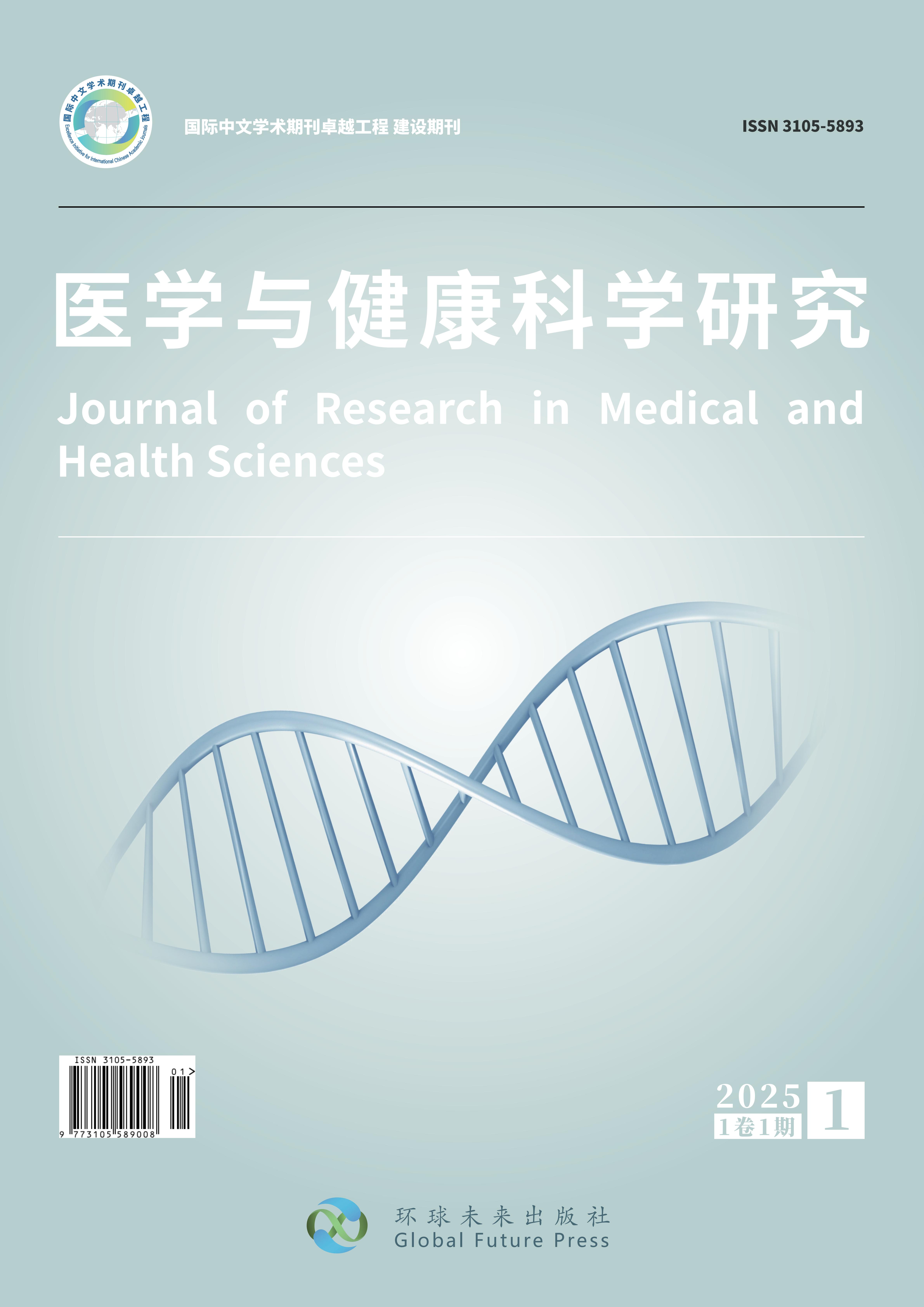Invisible Barriers and Socio-Psychological Adaptation of Rural College Students in Urban Development under Urban–Rural Disparities
DOI:
https://doi.org/10.65196/eqw9ne92Keywords:
rural college students, unequal competition, information asymmetry, social capital, cultural adaptation, institutional barriersAbstract
Against the backdrop of China’s dual urban–rural structure, this study conducts an in-depth analysis of the multidimensional inequities that rural college students encounter during urban employment and career development. The findings indicate that even when holding equivalent—or superior—educational credentials and academic performance, graduates from rural backgrounds remain systematically disadvantaged in urban labor markets due to factors such as information vacuums, weak social networks, cognitive path dependence, deficits in cultural capital, and institutional barriers. These inequalities are manifested not only in job access and compensation, but also—more profoundly—in career trajectories, opportunities for social mobility, and difficulties in urban integration. The paper proposes a multidimensional analytical framework for understanding developmental barriers faced by rural college students in cities, and advances policy, educational, societal, and individual-level strategies to mitigate these constraints.


